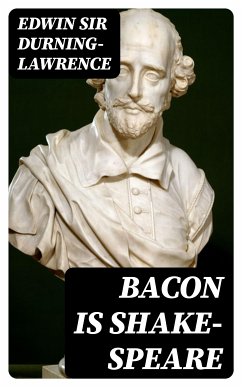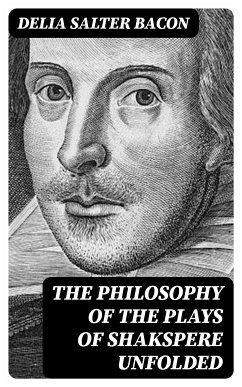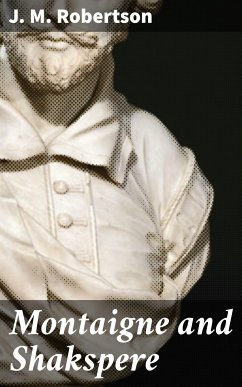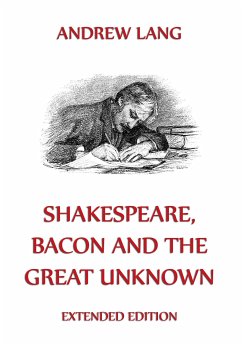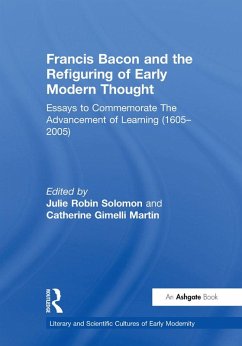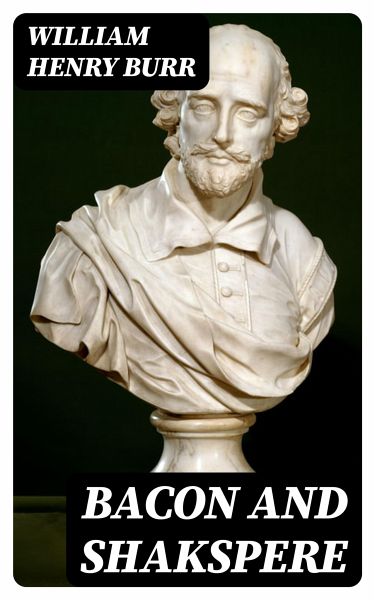
Bacon and Shakspere (eBook, ePUB)
Versandkostenfrei!
Sofort per Download lieferbar
0,49 €
inkl. MwSt.
Weitere Ausgaben:

PAYBACK Punkte
0 °P sammeln!
In "Bacon and Shakspere," William Henry Burr offers a provocative examination of the authorship question surrounding Shakespeare's works. By integrating historical context with an analytical approach, Burr champions the controversial theory that Sir Francis Bacon, a contemporary thinker, was the true author of the plays attributed to Shakespeare. Utilizing a blend of rhetorical eloquence and logical reasoning, Burr's work engages with various literary allusions and philosophical references, making a case for Bacon's literary genius. This essay, rich in dialectical exploration, situates itself ...
In "Bacon and Shakspere," William Henry Burr offers a provocative examination of the authorship question surrounding Shakespeare's works. By integrating historical context with an analytical approach, Burr champions the controversial theory that Sir Francis Bacon, a contemporary thinker, was the true author of the plays attributed to Shakespeare. Utilizing a blend of rhetorical eloquence and logical reasoning, Burr's work engages with various literary allusions and philosophical references, making a case for Bacon's literary genius. This essay, rich in dialectical exploration, situates itself within the larger discourse of authorship and attribution debates of the 19th century, illuminating the intricate connections between form, content, and cultural milieu in Elizabethan literature. William Henry Burr, a noted figure in literary criticism and an advocate for Baconian authorship, wrote during a time when the question of Shakespeare's true identity was gaining traction. His background in literature, combined with a fervent interest in Bacon's philosophies, deeply influenced Burr's perspective. His keen analyses reveal not only his respect for literary integrity but also signal a broader intellectual inquiry into the nature of authorship and its implications for literary history. "Bacon and Shakspere" is a captivating read for scholars and enthusiasts of literary theory alike. Burr's well-researched arguments challenge traditional views and invite readers to reconsider the complexities of authorship. Whether you are a skeptic of the Baconian theory or an open-minded literary explorer, this work will provoke thought and enrich your understanding of the literary landscape.
Dieser Download kann aus rechtlichen Gründen nur mit Rechnungsadresse in A, B, BG, CY, CZ, D, DK, EW, E, FIN, F, GR, H, IRL, I, LT, L, LR, M, NL, PL, P, R, S, SLO, SK ausgeliefert werden.




